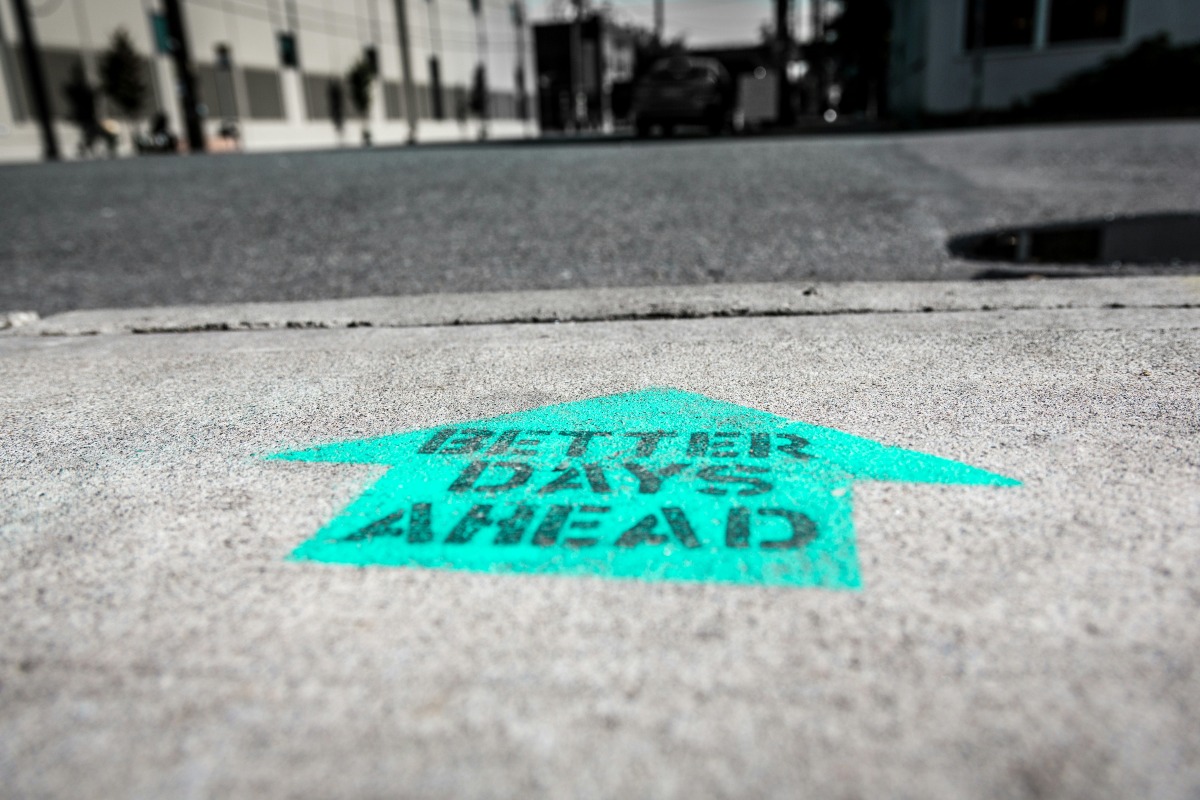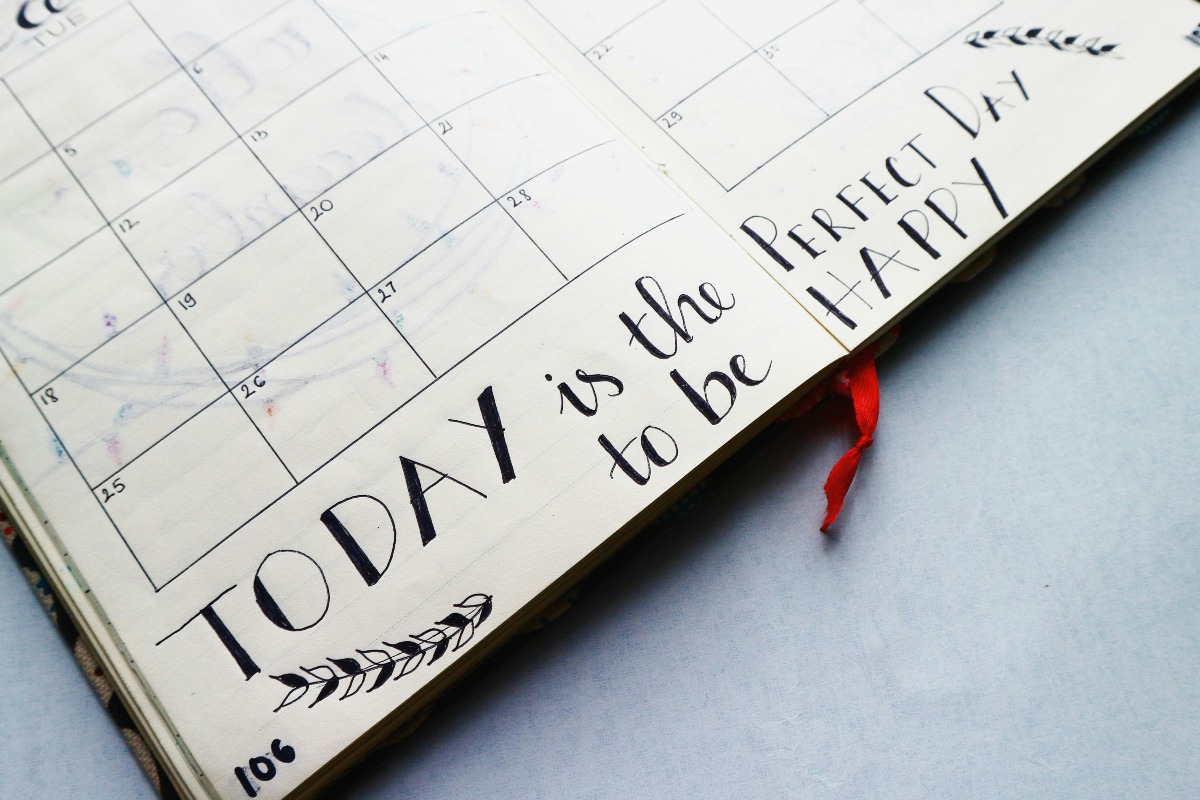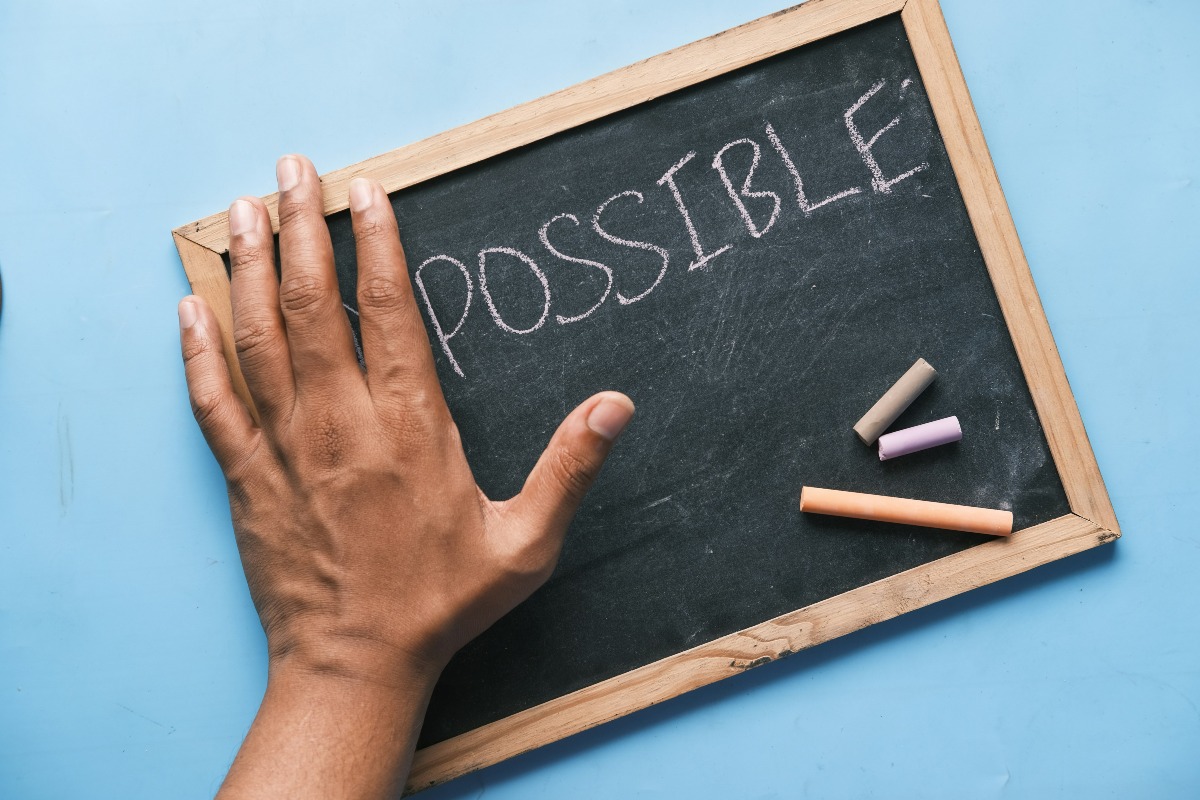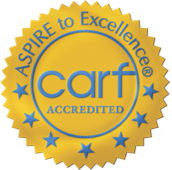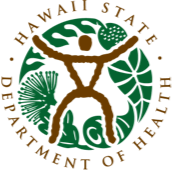Trauma comes in many forms, and nobody is immune to traumatic experiences or their effects. A person cannot choose when such traumas happen, and unfortunately, some traumatic events can be closely tied to the holiday season. Exploring how past trauma affects each person is necessary to find a way to celebrate the holidays again. However, nobody has to embark on this healing journey alone, and Hawaii Island Recovery is available to help each person overcome its effects this holiday season and beyond.
How Trauma Impacts the Holiday Season
Trauma can affect every aspect of daily life, making it difficult to enjoy anything, including festive holiday celebrations. This is especially true if such personal traumas are directly associated with the holiday season or the people involved. Some of the most common effects of trauma include:
- Depression
- Anxiety
- Emotional “numbness”
- Isolation
- Difficulty sleeping
- Stress
- Flashbacks
- Avoidance or self-isolation behaviors
- Intense self-blame or guilt
- Exhaustion or mental, physical, and emotional fatigue
- Disinterest in personal hobbies, celebrations, or social gatherings
These feelings can compromise the holiday spirit, and many may not see the holiday as a time of joy but rather a challenging time filled with these unique symptoms. Hawaii Island Recovery can help each person begin their healing journey by exploring how trauma may uniquely impact their holiday spirit and season.
Experiencing Loss This Time of Year
Traumatic experiences can be directly tied to this particular time of year, fundamentally compromising the holiday spirit. For example, losing a loved one around the holidays to illness or accident can lead to holiday festivities instead of becoming poignant reminders of such losses, making it difficult to celebrate the holidays or even allow oneself to feel happy. These traumatic memories compromise the cultures and spirit of the holiday season and turn the holidays from times of jubilance to times of mourning and grief.
Others may experience accidents themselves around the holiday season that can bring back negative memories, fears, or even flashbacks, making it difficult to engage in otherwise familiar holiday festivities. For example, being in a car accident on the way to a holiday dinner can cause a person to avoid driving near the holidays, leaving a person feeling disconnected from celebrations, friends, and family members.
Dealing With the Family
Many families celebrate the holidays by coming together for festivities and camaraderie. However, for some families, this can lead to new stresses or reminders of past traumas that profoundly impact the holidays. These challenges also go beyond just creating a tense or confrontational atmosphere and into even deeper traumatic experiences.
Getting together with family members can mean being forced to interact with abusive relatives or parents. In others, especially children, families coming together can expose them to arguments between family members that transform the holidays into times of fights, tension, anxiety, and anger rather than any positive spirit. These negative feelings then become deeply embedded into the holiday season, even throughout adulthood.
Financial Stress and Trauma
Finances can be immensely stressful, with many people doing their best each month of each year to put food on the table. However, these financial stresses can feel exacerbated around the holidays as a person is expected to spend money on gifts for children, family members, and loved ones despite the financial burden. This stress can transform the holidays from a time of celebration to a time of dread, filled with feelings of depression, inadequacy, and stress.
Why It Is Difficult to Celebrate the Holidays
Each of these stresses can make it difficult to engage with the holiday festivities and embrace a spirit of giving. Many people who have experienced trauma and stress around the holidays can find it difficult to get excited, with looming feelings of depression, anxiety, and more all continuing to transform the holiday season into a time filled with negative emotions and stress.
The effects of trauma can also bring intense challenges to a person’s sobriety as some may turn to substance use to cope with a stressful holiday season, leading to overuse of drugs or alcohol and addiction. Those already navigating their sober lives in recovery while overcoming trauma this holiday can also experience more frequent or intense urges and cravings that can challenge their hard-earned sobriety and increase the chance of relapse.
Staying Sober This Holiday
In addition to stress bringing urges and cravings this holiday season, some individuals and families may have traditions closely tied to the use of addictive substances. Some may even feel as if drugs or alcohol are necessary to celebrate the holidays or feel they will be “left out” if they do not engage in these traditions. Many may also feel that if they cannot engage in these traditions, then they cannot celebrate the holidays at all. Challenging stress and the unhealthy traditions and expectations around substance use are crucial for navigating trauma and addiction throughout the holidays.
Disconnection and Disengagement
Those who have experienced trauma around the holidays can not just experience stress, depression, and anxiety around the time of year but may also actively avoid holiday festivities. This can lead to a person feeling disconnected from family and loved ones during this time, isolated from friends, ostracized by communities, or otherwise physically or emotionally alone this season.
Even if a person successfully avoids difficult situations this holiday, this feeling of isolation can still lead to new challenges. Increased substance use, depression, anxiety, fatigue, and compromised feelings of self-worth are all possible if a person feels disconnected from others.
Finding Your Way to Celebrate the Holidays
Reminders of trauma can make it difficult to look forward to the holidays or get into the spirit of celebration. However, finding new and personal ways to celebrate the holidays can be a major step in processing the effects of trauma and their relationship with the holiday season. Working through the effects of trauma with the support of dedicated mental health and trauma-informed professionals like those available at Hawaii Island Recovery can be the best way to understand the impact of trauma on the holidays and explore transformative treatment options.
Dedicate a Time for Mourning
For those who have experienced trauma and loss around the holidays, these feelings of grief can completely envelop the holiday spirit. Any celebrations can be underlined with feelings of loss for those not here to celebrate. Setting a dedicated time to acknowledge and mourn this loss can help those who have experienced this trauma to better channel their energy.
Dedicating a day around the holidays to mourning and remembrance can address these feelings of trauma while empowering a person to celebrate the holidays on other days. Likewise, even having a dedicated moment of silence or acknowledgment can ensure these people are not forgotten and can actively incorporate their memories into new celebrations while processing these feelings.
Find Your Family
Family can be an amazing support when overcoming the effects of trauma, or they can also cause even more stress. Difficult or toxic family members can compromise even the most well-planned holiday celebrations. While difficult, it may be necessary to decide which family members and friends to celebrate with and which to avoid.
Curating a guestlist for holiday celebrations or turning down invitations to gatherings where problematic family members will be present can be an empowering decision to make in recovery and help each person claim agency in how they want to celebrate the holidays. Not only can removing difficult family members greatly change the atmosphere around the holidays, but it can also help distance a person from past stresses and expectations.
Finding a family to celebrate the holidays with also isn’t limited to blood relatives. Supportive families can be comprised of close friends, spouses, peers, and more. Each person can always decide who to surround themselves with to make the holidays a positive experience. Dedicated recovery communities like local outpatient trauma support groups or the healing community at Hawaii Island Recovery can introduce each person to understanding, sympathetic people ready to create something new this holiday season.
Celebrate the Holidays by Exploring New Traditions
Trauma can lead to unhealthy expectations about established holiday traditions, with some traditions being closely tied to past experiences. Exploring new traditions can help to distance oneself from past traumatic holidays while supporting transformative healing. For some, this can be trying new activities like movie marathons, games, or a focus on experiences, while others may look more into what the holiday means for them personally to explore new spiritual practices.
This can also be a great way to explore new ways to express gratitude this holiday season and can even help address financial burdens by replacing financial expectations with more accessible activities or gestures. While gift-giving can be a great way to explore gratitude and togetherness this holiday, traditions based around shared experiences or activities can create just as many new memories while still embracing the holiday spirit.
Set Boundaries and Time to Celebrate the Holidays
Even those with an effective plan to celebrate the holidays while healing can still be exhausted or stressed during this time. Having clear start and end times for social gatherings can empower those in recovery to manage their energy and resilience throughout the holiday while leaving time for self-care and rest.
Likewise, having effective boundaries can limit exposure to unnecessary challenges or triggering reminders of past traumas. Clear timeframes for celebrations or gatherings and having boundaries around personal spaces, conversation topics, and more can all help to structure the holidays with healing in mind.
Set Goals and Expectations
There are a myriad of expectations each person may have around the holidays. For some, being expected to engage with family members, even if they are actively stressful or are the cause of traumatic memories, is intensely difficult. However, even just the pressure to feel joyful, happy, and ready to celebrate the holiday season “right” can be a difficult mentality to adopt, and many people may not have this happy relationship with the holiday season.
Finding a way to celebrate the holiday season doesn’t mean that every facet of planned celebrations has to be a dedicated holiday festivity. Rather, setting new goals and expectations around the holidays can empower each person to explore their own best way of celebrating the holidays while continuing to navigate the effects of trauma.
Setting aside time for self-care, rest, and setting new personal goals can all help address stress, urges, or cravings while putting the power and spirit of the holiday back in the hands of each person celebrating it. Some goals to set can be:
- Try one new tradition or activity with close family
- Express gratitude to others and oneself equally
- Reflect on the changes made throughout the year and how this holiday is different
- Make time for self-care
- Limit exposure to toxic family members or decline an invitation if necessary
Finding a way to celebrate the holidays while overcoming trauma doesn’t mean these festivities must be large productions. Having smaller holiday gatherings while continuing to engage in trauma support groups, outpatient treatment, or the trauma, addiction, and spiritual healing communities at Hawaii Island Recovery can all be ways to explore new goals and expectations around the holiday.
It’s Okay to Have a Tough Time
Trauma can be a creeping feeling that affects a person’s thoughts, behaviors, attitudes, and perspective. It can also bring feelings of depression that can be overwhelming, causing a person to feel trapped in time and a negative emotional state. While professional trauma-informed treatment to overcome the effects of trauma throughout the holiday season can be a major step toward exploring recovery and redefining the season, it is also okay to acknowledge that these effects are difficult. It is completely normal to feel down or experience depression, anxiety, doubt, guilt, or other symptoms of trauma around this time.
Healing from past trauma takes time and is rarely ever a straight line. It is completely normal to experience both times of triumph and some lows throughout the healing journey. Working with professionals to set new expectations around the holiday while acknowledging the profound impact of trauma is the first step toward treating oneself fairly in recovery. It is okay if some days are tough; what’s important is to try something new to improve the situation with support during this holiday.
Celebrate the Holidays With Hawaii Island Recovery
There is no easy way to overcome the effects of trauma. Having a community to fall back on can help support each person in overcoming trauma this holiday, with supportive family members, trauma-informed peers, and dedicated professionals at Hawaii Island Recovery all creating a safety net that facilitates change.
Engaging in a Community
Even those who understand the profound impact of trauma on the holidays can still have a difficult time visualizing what a different, transformed holiday season looks like. Working with peers in trauma-informed treatment in Hawaii can introduce an individual to peers who have experienced navigating trauma and healing around the holiday season. Family programs are also available to help each person explore healing and change alongside supportive chosen family members.
New ideas, perspectives, practices, and more, all backed by a new sense of community and belonging, can be the catalyst for exploring what new holiday celebrations can look like. Surrounding oneself with a community of peers can also help legitimize the effects of trauma to challenge feelings of guilt, shame, and depression that may otherwise inhibit effective practices.
Addiction Support
Those overcoming addiction and trauma in tandem can face a myriad of challenges that make it difficult to celebrate the holidays. Professional addictionologists are always available to help each person explore personalized methods of coping with urges and cravings, as well as practice new grounding strategies to ensure a sober holiday.
However, even those not diagnosed with addiction can benefit from the sober support of Hawaii Island Recovery. Alcohol and drug use can exacerbate difficult feelings, especially when related to trauma. The professionals and peers available at Hawaii Island Recovery can help each person not just remove alcohol and drugs from the house but also prepare for and replace ideas of self-medicating with addictive substances with healthier, personalized options.
Exploring Spirituality to Celebrate the Holidays
Traumatic experiences can often cause a person to compromise spiritual beliefs and practices, and effective spiritual healing alongside proven therapeutic support can be a necessary part of comprehensive healing. Working with professionals and peers to explore spiritual beliefs or engage in spiritual healing practices in Hawaii can all help redefine the spirit of the holidays and explore a person’s identity in recovery. Exploring new spiritual practices in Hawaii or at home can also birth new self-care strategies and daily activities that promote mindfulness and emotional well-being for a healthier holiday season and year-round healing.
Overcoming trauma is a long and personal journey, and you will set your own pace for exploring healing. At Hawaii Island Recovery, we understand the need to meet you where you are in your journey to overcoming trauma, especially around the holidays. Our effective treatment in Hawaii is designed to help you begin your healing journey with proven therapies, forgiveness, and spiritual healing, all backed by an accepting and sympathetic community to help you overcome not just traumatic memories but also how it has affected your daily life, beliefs, and behaviors. For more information on our trauma-informed treatment in Hawaii and how we can personalize a program to fit your needs, call us today at (866) 390-5070.



